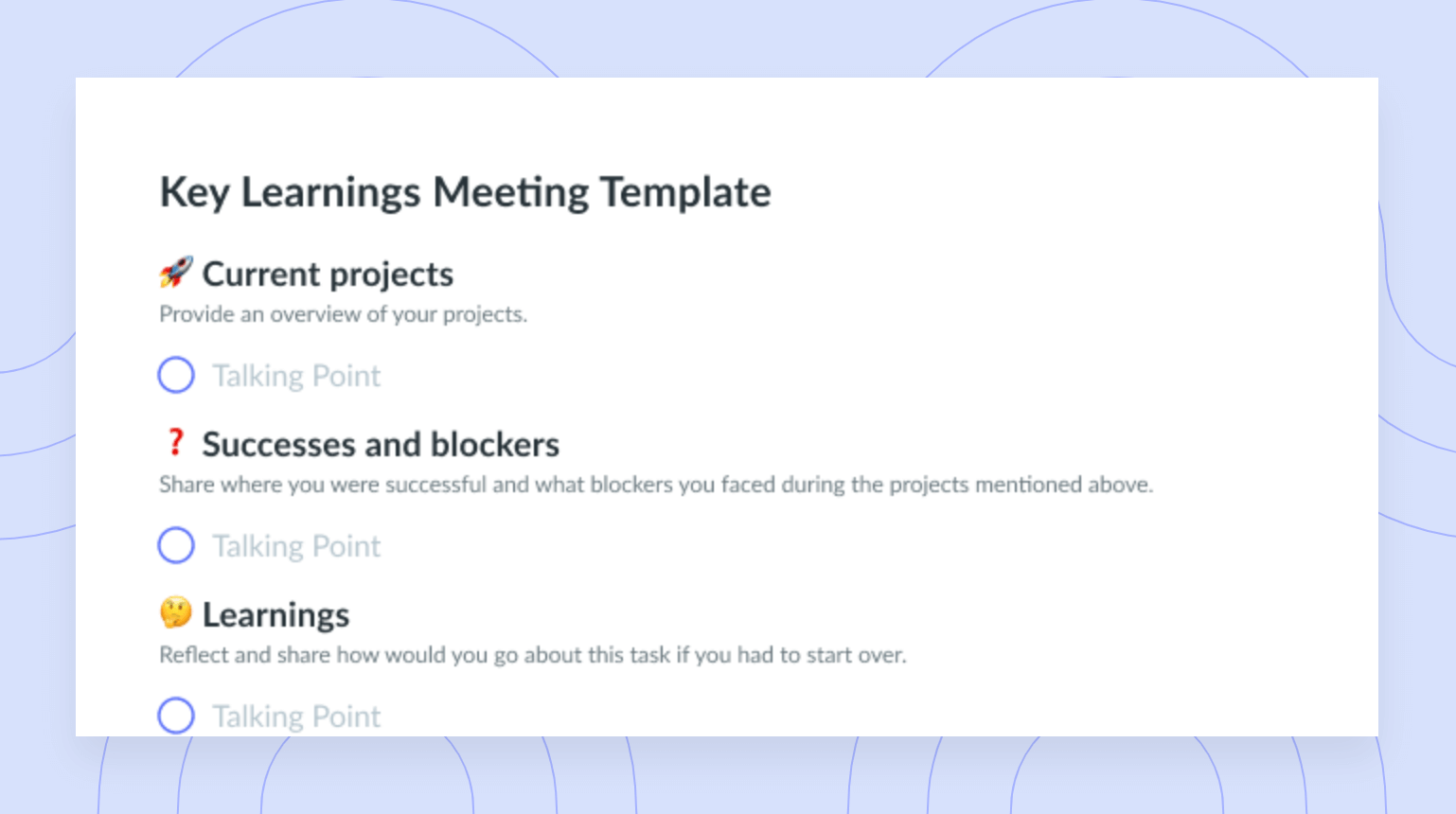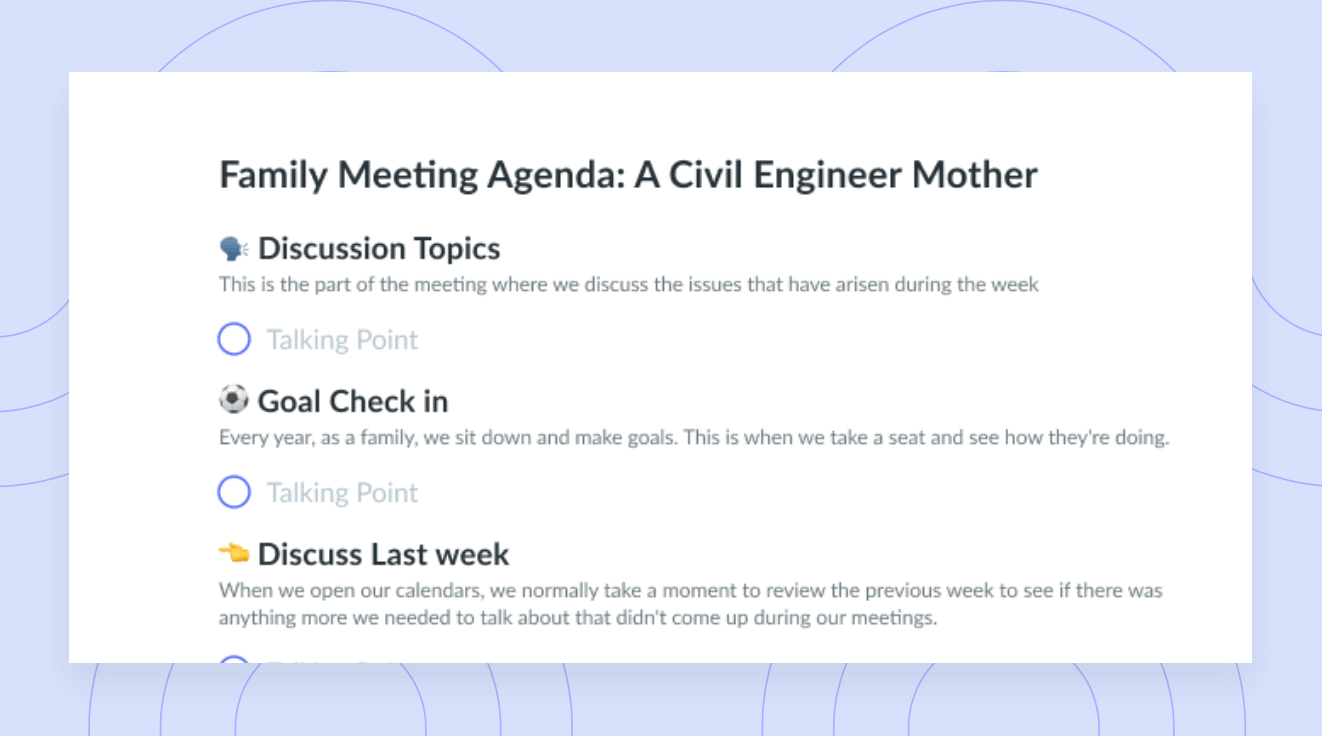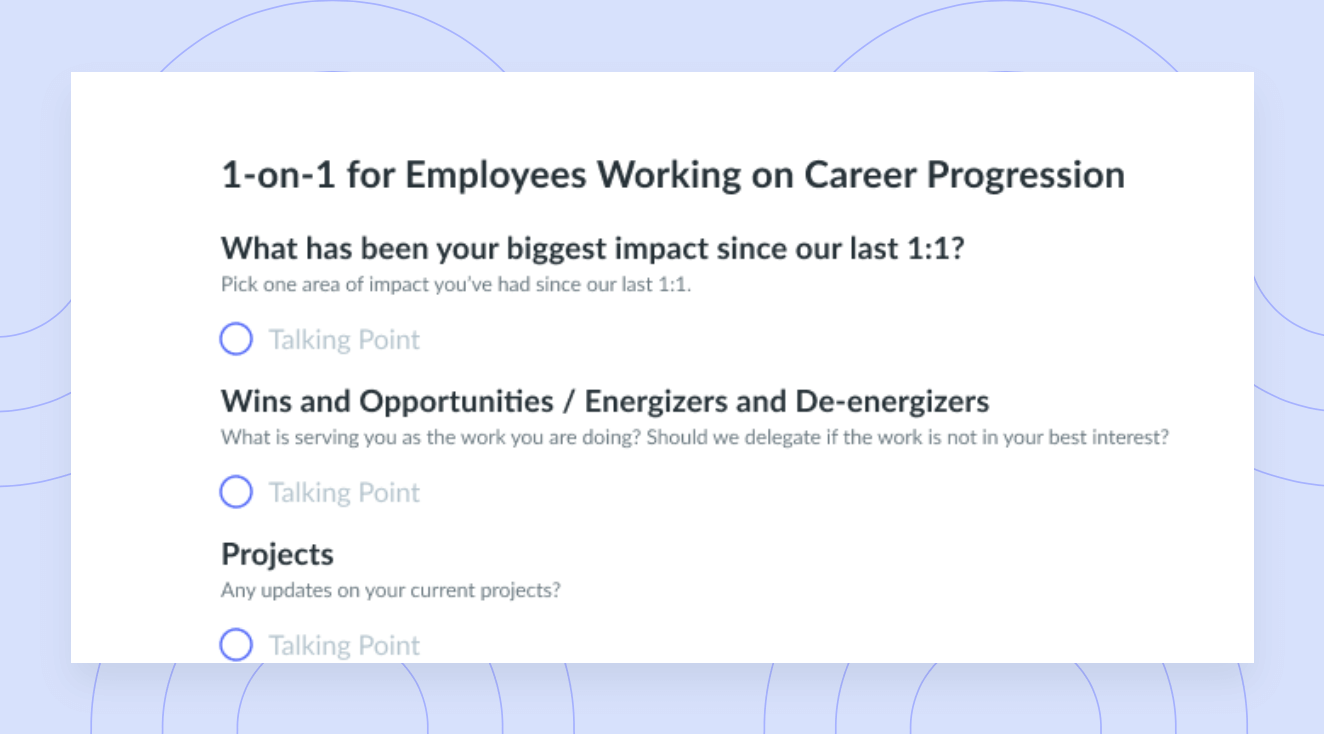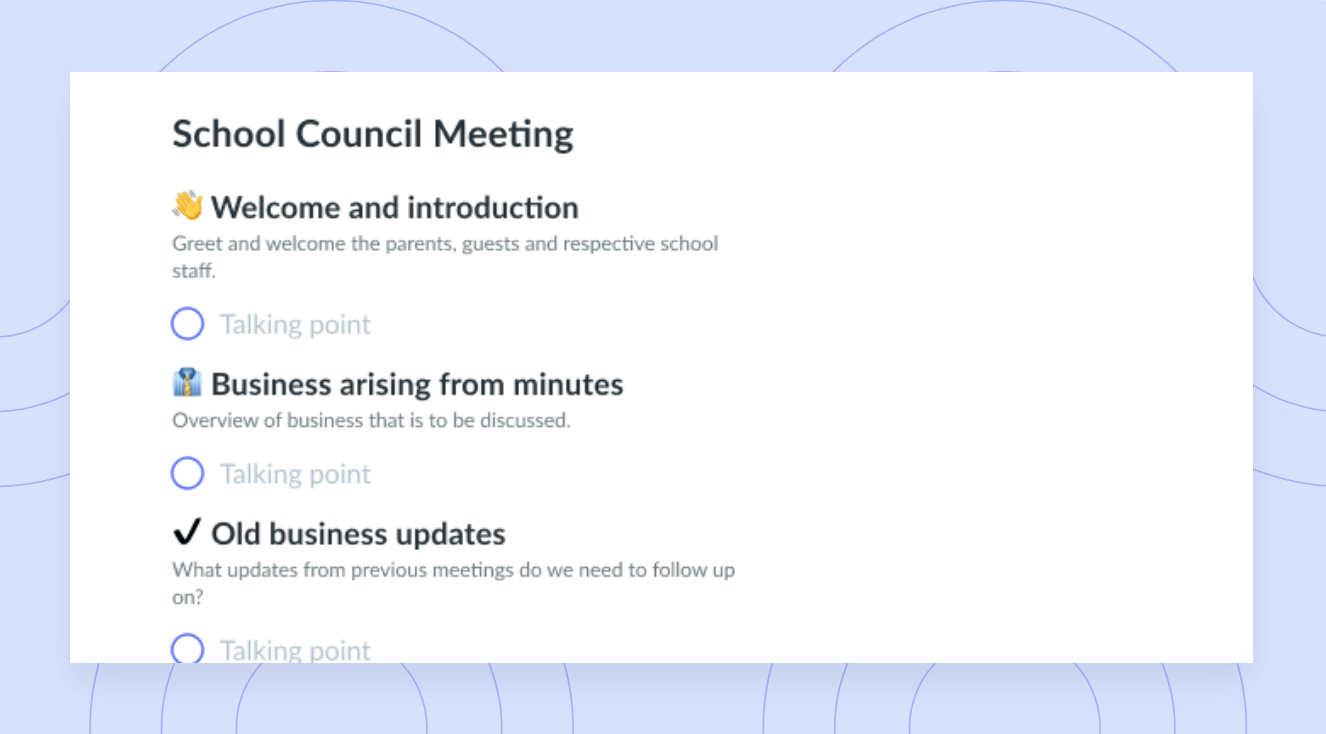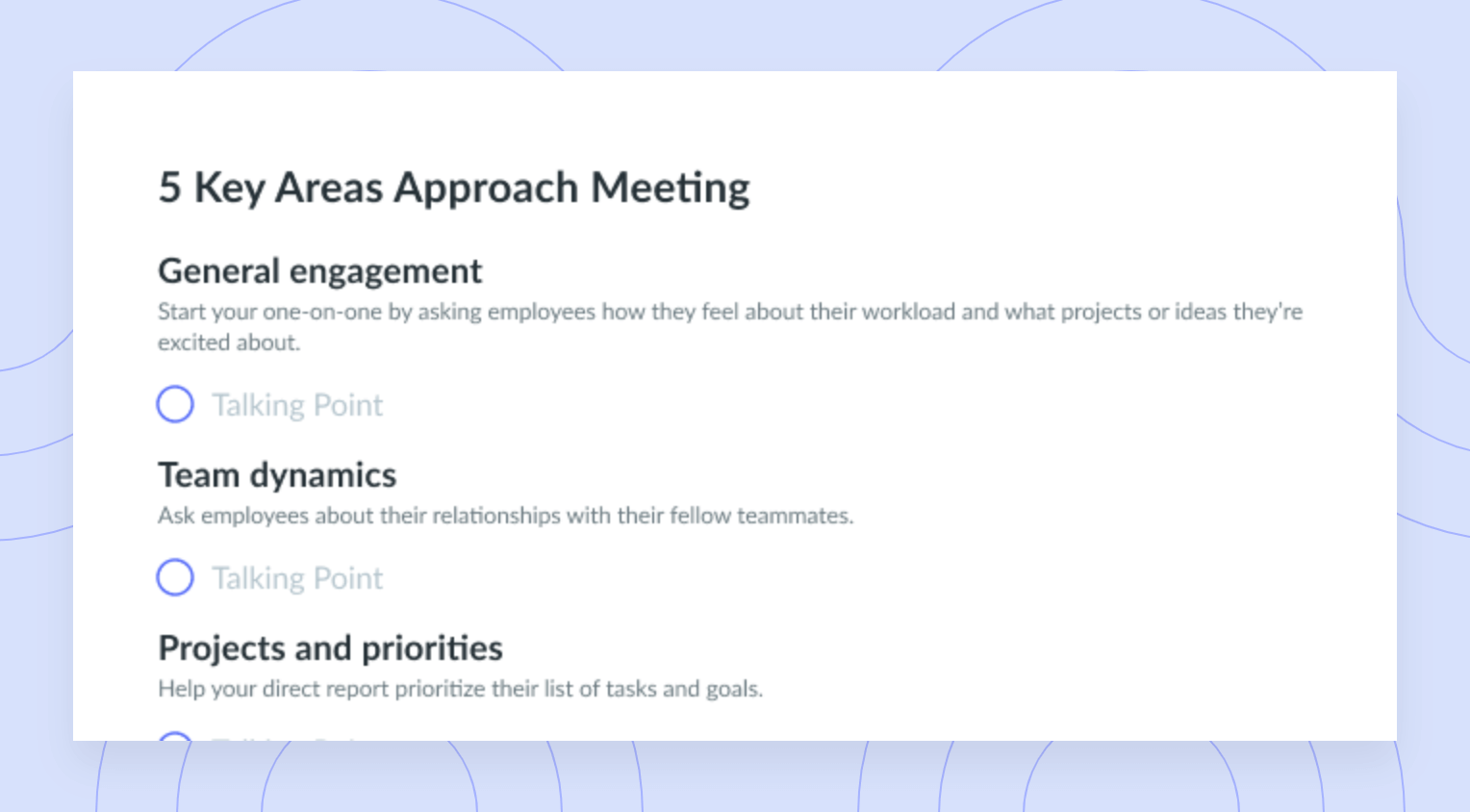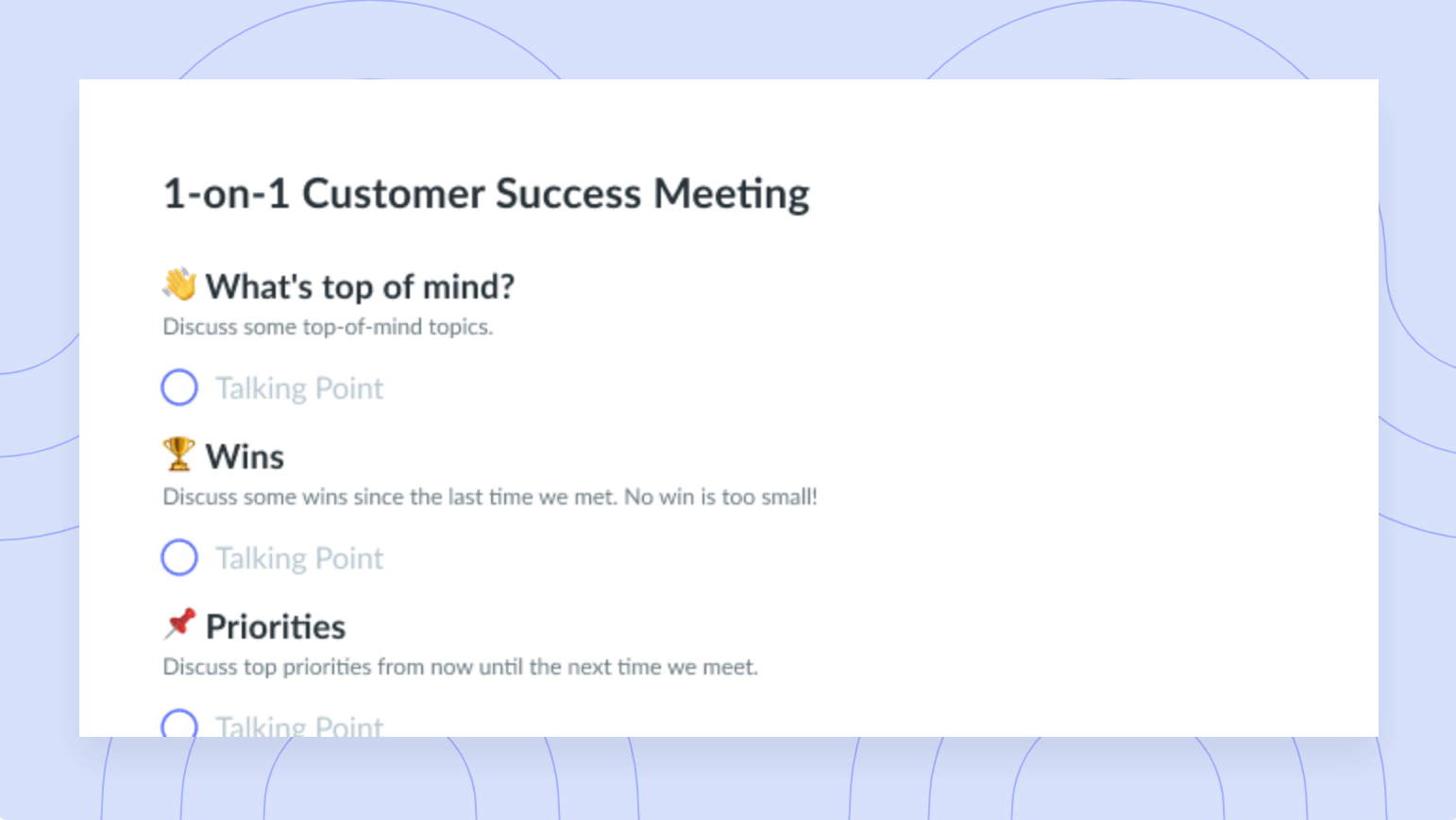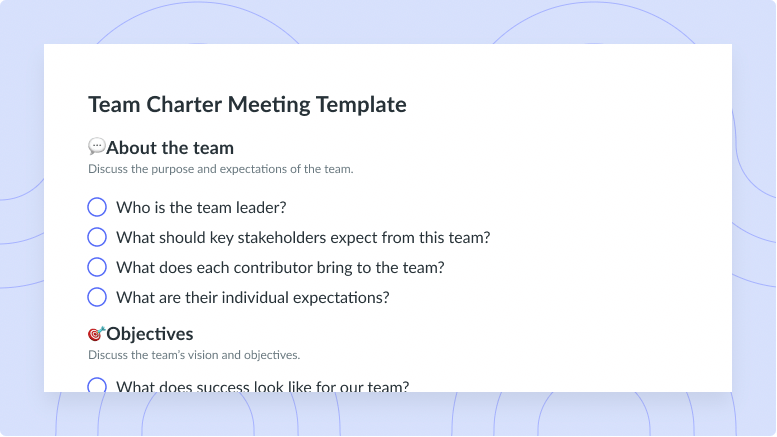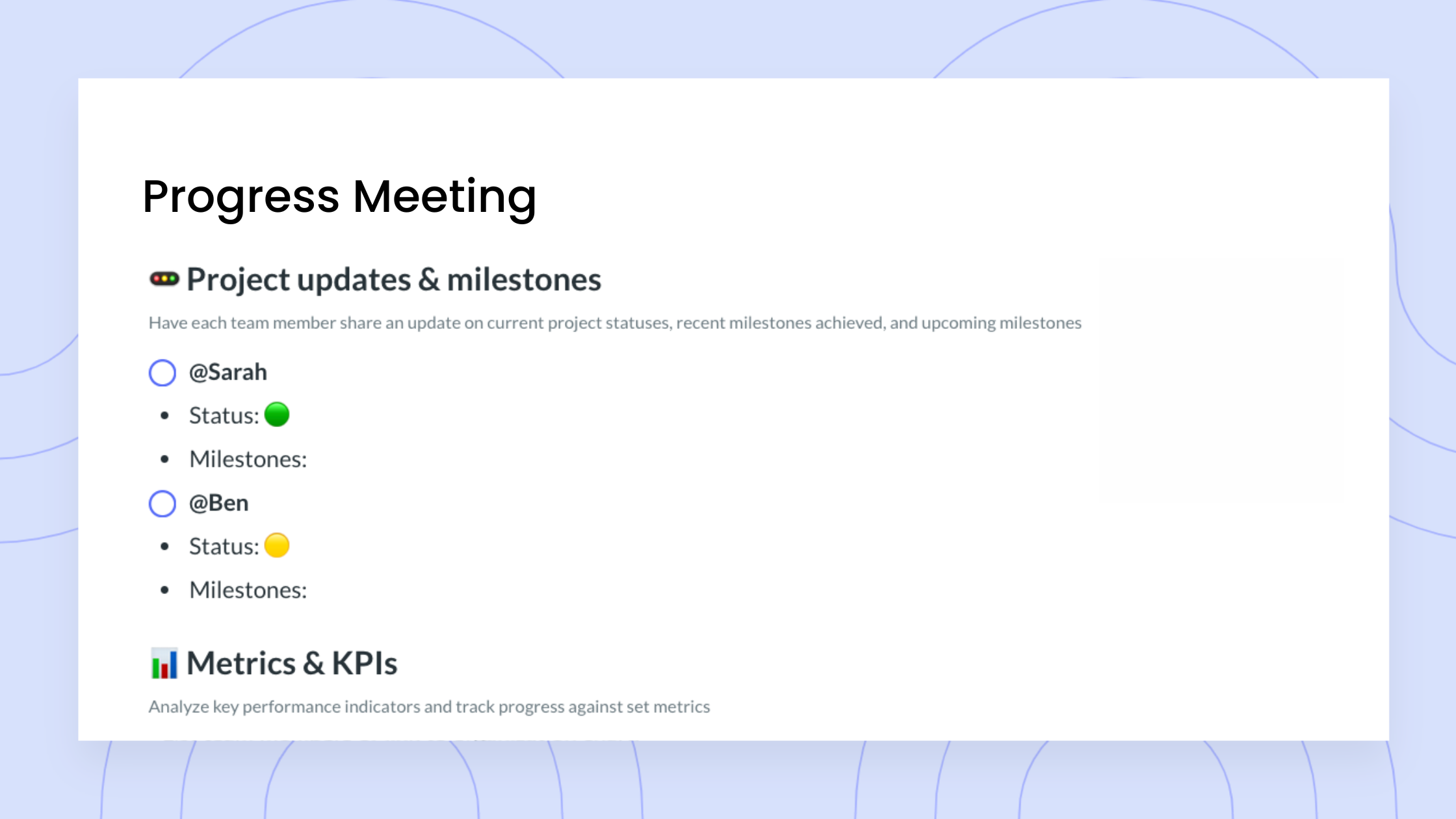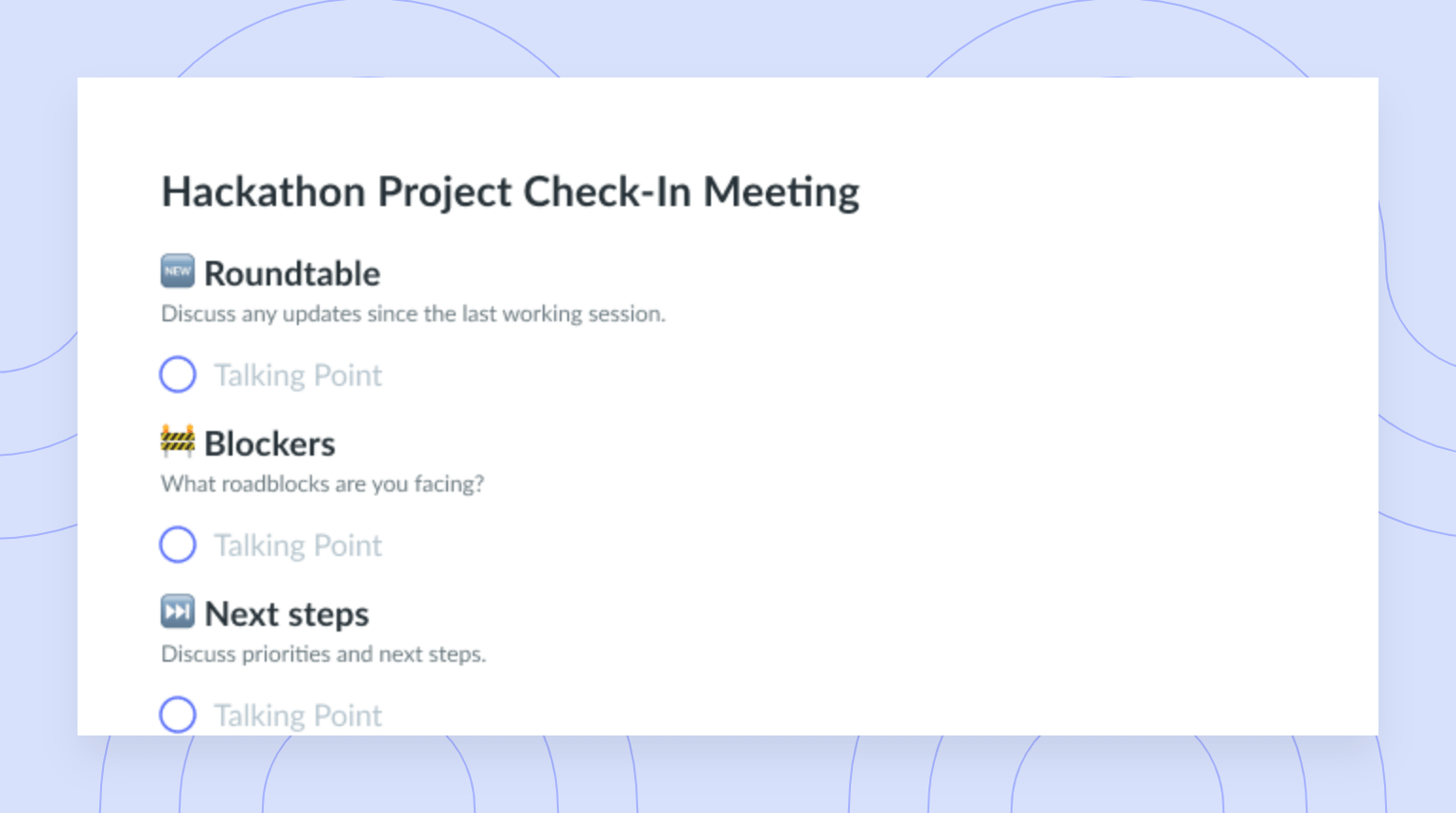Are You Working Too Much? Signs You’re Overworked and How to Overcome It
Learn about work addiction and create balance in your life by going from career-obsessed to career-focused in 2022.
Disconnecting is harder than ever. Somehow in less than two years, your home has likely also become your gym, your daycare (for tiny humans and pets), and perhaps most problematically, your office.
Every busy person has had a day when they’ve looked up from their screen only to realize that they had worked on a task longer than planned. When you enjoy your work, it’s easy to get lost in the details. In a culture that encourages work-life balance yet often rewards employees who work longer and harder than others, how exactly do you know you’ve been working too hard?
Let’s talk about work addiction: a condition many of us are guilty of wearing with a badge of honor but should strive to overcome this year.
- What is work addiction?
- What causes work addiction?
- Signs you’re working too much
- 8 ways to overcome working too much
Are you working too much?
Some of you may have read the headline and immediately thought, “oh yes, I think so!” You may also be in the camp of people who thought, “there is no way that work addiction is real.” Either way, the greater research community agrees that work addiction is real and pervasive.
The term workaholic was coined by psychologist Wayne E. Oates in 1971. Like other addictions, workaholism has been proven to have serious consequences for your relationships and overall well-being if not managed properly. Despite this fact, over 30 per-cent of Canadians and nearly 50 per-cent of Americans consider themselves work addicts.
In short, if you find yourself consistently neglecting your health, social life, relationships, or other important responsibilities to prioritize your incessant need to work, you may be struggling with work addiction.

Manage your time
Make the best use of your time by controlling your agenda, showing up prepared, and keeping track of your action items with a tool like Fellow.
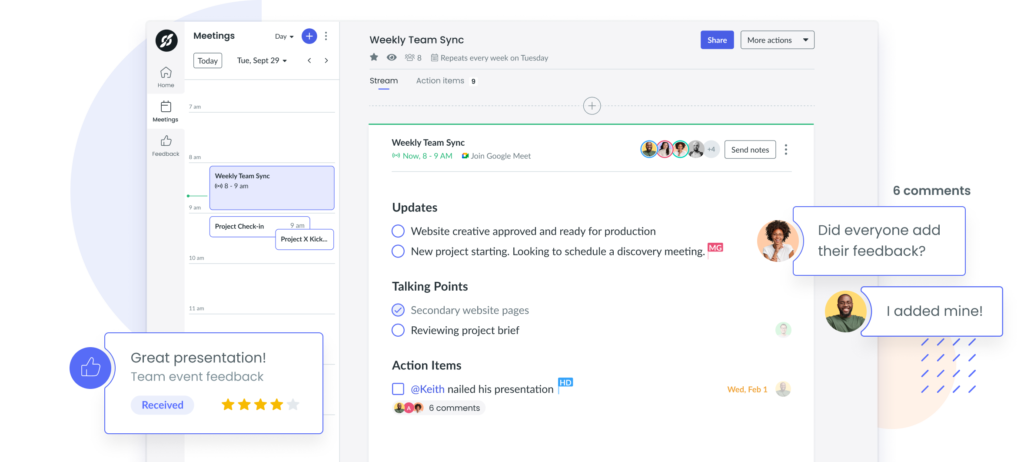
What causes work addiction?
Work addiction is caused by an array of environmental and underlying psychological factors.
Your work environment can play a large role in your view of and relationship with success. Those who struggle with work addiction may feel the need to put in the extra hours in the office when coping with feelings of inadequacy or underperformance in the workplace. Setting unrealistic expectations for yourself or your employees is a recipe for burnout and dissatisfaction.
Additionally, underlying psychological needs are involved when workaholism is viewed as a source of pride for the individual. Folks who fall under this category of workaholics may also be using work-related topics to escape other stressors in their life.
Signs you’re working too much
- You can’t recall your last real vacation
- You’re missing plans because of work
- You can’t relax at home
- You’re experiencing ‘hero syndrome’
1 You can’t recall your last real vacation
We all know at least one coworker who has never taken a day off in their life. If this is you, it’s time to drop everything for some much-deserved time off at the beach… or on your couch.
Seriously though, there is a fine line between being an overachieving worker and an overstretched one. If you suffer from a case of “I feel like I can never leave for the weekend in case there is a work emergency,” congratulations, you need a break.
2 You’re missing plans because of work
Are your loved ones constantly nagging you to take a night off to spend time with them? Bothering you to do that chore or task that’s been neglected all week because work has been too busy? Workaholics can unintentionally harm themselves by self-isolating. If you derive more satisfaction from a checked to-do box than quality time with friends and family, you likely need to take a step back to reevaluate your priorities.
3 You can’t relax at home
A study by U.S. consulting firm Korn Ferry showed that work-related stress caused 66 per-cent of the American workforce at least some sleep deprivation in 2018. Lack of sleep can take a serious toll on your overall health and negatively affect cognitive functions including critical thinking, judgment, and problem solving.
If you have a difficult time winding down after a long day at the office, are tossing in bed every night thinking about your incomplete work tasks, or find your mind drifting to work projects when you should be relaxing, it may be time for a work addiction intervention.
4 You’re experiencing ‘hero syndrome’
During these pandemic times, it can feel especially great to be the hero in any situation. However, if you believe you are the only one capable of saving the day when an issue arises in the workplace, you may be experiencing ‘hero syndrome’ – a behavior that often accompanies workaholism. Those who struggle with ‘hero syndrome’ typically have unrealistic expectations for their teammates and overwork themselves to avoid collaboration.
Unfortunately, this behavior only causes more stress for individuals and teams by limiting the exchange of ideas and information.
8 ways to overcome working too much
- Don’t default to yes
- Track your hours with a time audit
- Take time off – and stay off!
- Dig deep on the why
- Find other passions and hobbies
- Set work-life boundaries
- Prioritize your tasks
- Delegate
1 Don’t default to yes
Feeling overwhelmed is neither healthy, nor productive. Learning to set boundaries and politely say “no” at work could be the key to your success this year.
Start by assessing your upcoming workload and being realistic about the time it should take to complete each task. This way, you will be better able to communicate with your manager or teammate when they ask for support and you have too much on your plate.
2 Track your hours with a time audit
Perform a time audit during your workday to become a time-management master. The goal of a time audit is to align how you think you’re spending your time with how you’re actually spending it. Choose a typical workday, make a comprehensive to-do list, write down what you expect to accomplish during the day, and use a time-tracking software to measure your productivity and see how long you’re spending on certain tasks. With this new information, you can then build better work habits.
3 Take time off – and stay off!
High-achievers need vacation time too. Sometimes, taking time to recharge is the best gift you can give to yourself and your team. While it can be daunting to set that Out of Office Alert for the first time in a while, taking some time out of office may be totally necessary to avoid feelings of burnout.
Get started by marking off vacation time in your calendar. Schedule your pre-vacation meetings, prepare a checklist for your staff while you’re away, and ensure that your team will be well-supported in your absence. Have a plan prepared for tackling backlogged emails and work upon your return. Setting an example for good work-life balance may be one of the most impactful things you do as a manager.
4 Dig deep on the why
Ask yourself the following questions: Why am I working this much? Why do I feel like I must work longer hours? Why can’t I accomplish as much as I want in a day? Ok, you probably get the point.
Identifying your “whys” can help determine the root cause of your work addiction. Perhaps you fear failure, have a specific goal you’re hoping to achieve by working long hours, are avoiding something in your personal life, or are a people pleaser to your core. No matter the cause, taking time to answer these questions will improve your self-awareness and make letting go of bad work habits much easier.
5Find other passions and hobbies
Feeling passionate about the work you do is incredible, but your career can’t be your only interest. Challenge yourself to pick up a new hobby that is unrelated to your job this year. It can be as simple as reading the stack of books that have accumulated on your nightstand, or as complicated as obtaining your scuba diving license. Discover what makes you happy outside of work and dedicate the hours you would have spent overworking to enjoying your hobby instead.
6 Set work-life boundaries
Take small steps to disconnect more deeply when you step away from work each day. Removing your work email from your phone, muting work notifications after 5 o’clock, and developing an after-work routine that allows time to unwind from the workday are all great places to start. Tell your teammates that they should only be contacting you after-hours in the case of a true emergency.
7 Prioritize your tasks
During busy periods, every task may feel like a priority. Prioritizing isn’t about dropping less urgent projects all-together, but rather assessing the overall value of each and working on them accordingly. Start by asking yourself: “How important is the task-at-hand to my team and company?” Then, reorganize your tasks based on deadlines and organize your daily to-do list by estimated effort. Adapt to your readjusted plan and cut any tasks that can’t be completed that day.
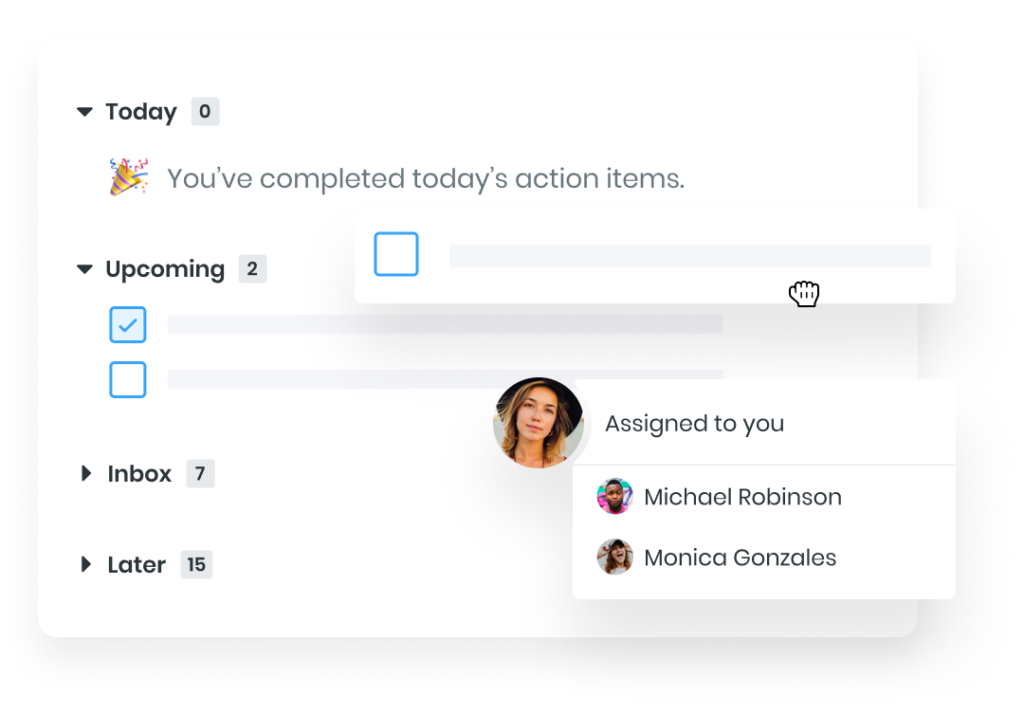
8 Delegate
Every good leader must delegate. Knowing when it’s time to pass along a task is crucial to your own health and the health of your team. Leave your ego at the door, and begin by assigning tasks that are taking up too much of your time. Play to your employees’ strengths and goals and ensure that you’re defining clear expectations. Provide immediate feedback when the task is complete and encourage your team to ask questions and provide suggestions moving forward.
Leave overworking in 2021
Beating a work addiction once and for all is easier said than done. Whether you are addicted to the feeling of success, busyness, or any other aspect of your work, you must remember that overworking in the long-term will cause nothing but burnout. Remember that modeling work-life balance for your team will create a healthier workplace culture and, most importantly, give you the opportunity to invest in other important areas of your life. You’re doing a great job and deserve that unplugged cottage weekend.





![10 Signs You’re In a Toxic Workplace [and How to Handle It]](https://fellow.app/wp-content/uploads/2022/01/toxic-culture.jpg)



